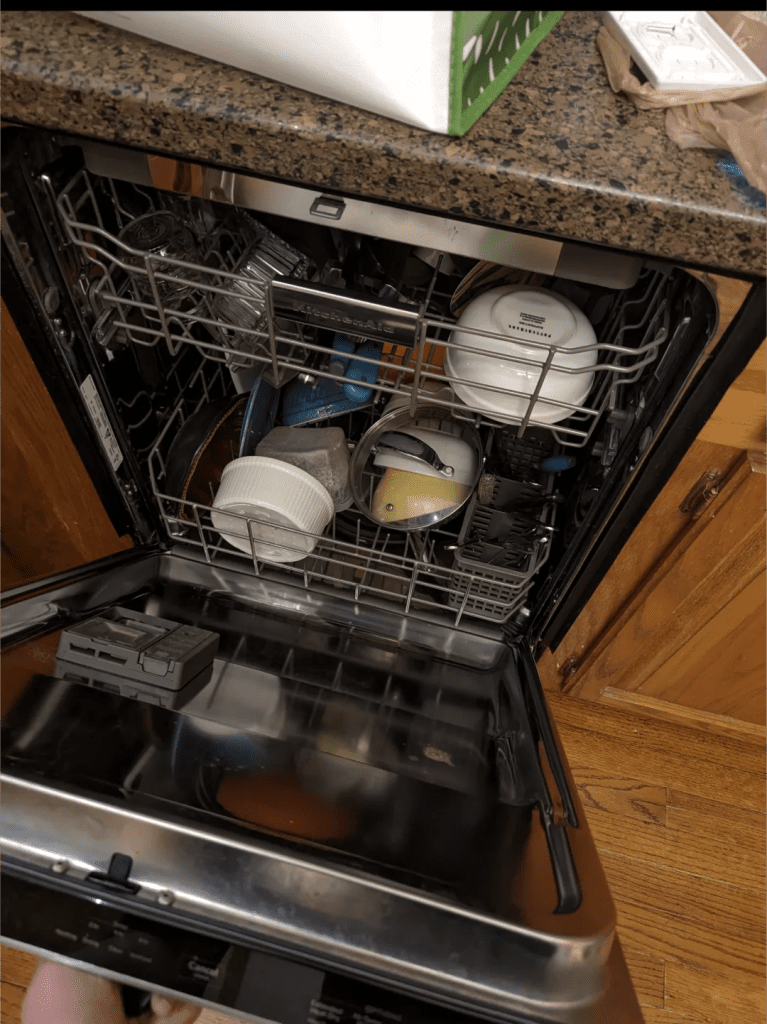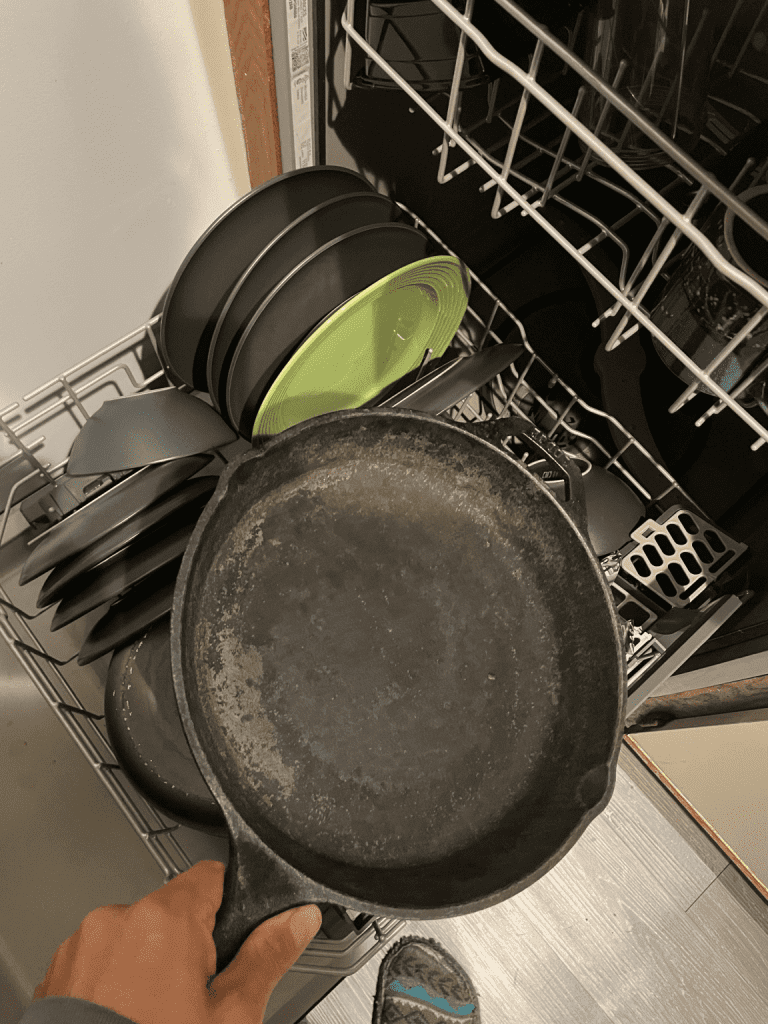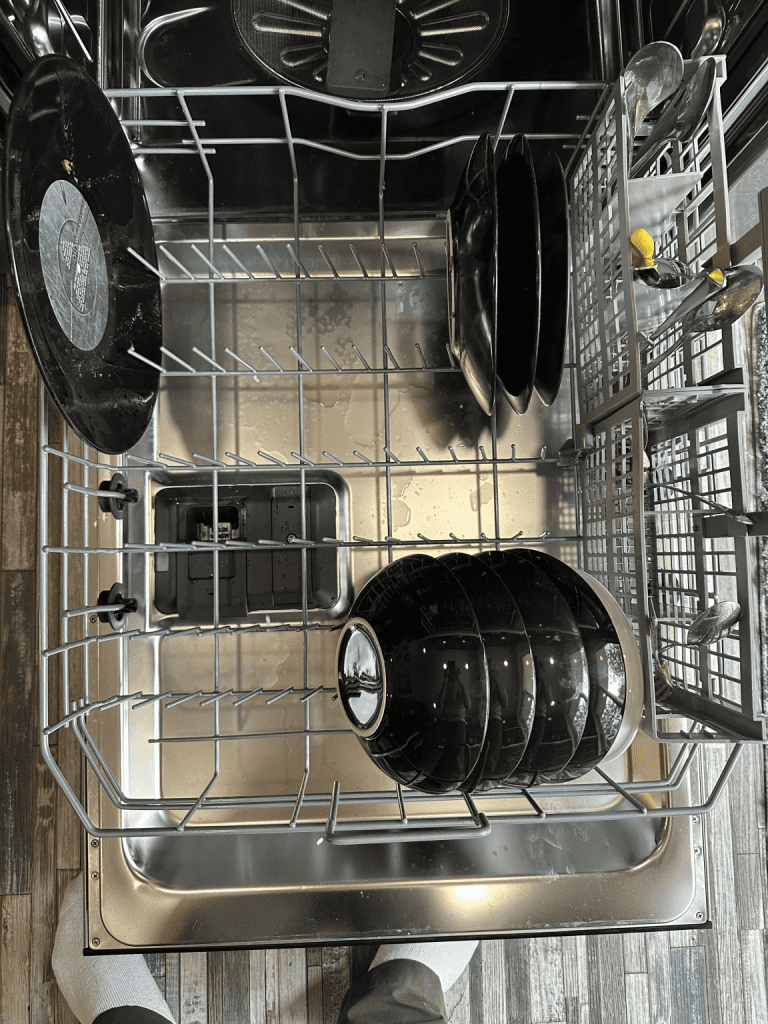In many homes, appliances like dishwashers become part of the family, and we tend to hold onto them long after they’ve passed their prime. My uncle, for instance, refuses to part with his 14-year-old dishwasher, insisting that it still works just fine. But is it truly safe or cost-effective to keep a dishwasher this long? Let’s explore the average lifespan of a dishwasher, signs that it’s time to replace it, and the reasons why upgrading might be the smarter choice.

Understanding Dishwasher Lifespan: How Long Should They Last?
Most dishwashers are designed to last between 7 and 12 years, though this can vary by brand, model, and maintenance. A dishwasher that’s well-maintained, like my uncle’s, might push past that upper limit. However, just because it’s still running doesn’t mean it’s running safely or efficiently. Over time, even a well-cared-for dishwasher can lose its effectiveness and start to consume more water and energy.
If your dishwasher is over 10 years old, it’s worth paying attention to its performance and any signs of decline. While a long-lasting appliance can save money on replacement costs, there are drawbacks to keeping an aging machine.
Signs That Your Dishwasher Might Be Past Its Prime
Wondering if your dishwasher is due for an upgrade? Here are some tell-tale signs:
- Frequent Repairs: If your dishwasher frequently needs repairs, the cost of maintenance can quickly add up. In these cases, replacing the unit might be more economical in the long run.
- Dishes Aren’t Clean: A dishwasher that leaves residue on dishes or doesn’t clean thoroughly may be struggling with worn-out components.
- Persistent Leaks: Leakage can signal serious internal problems that may only worsen over time. Leaks can also lead to water damage, which can be costly to repair.
- Rust on the Interior: Rust inside the dishwasher could indicate that the machine is deteriorating, which could eventually lead to broken parts and even contamination of your dishes.
- Strange Noises: While some noise is normal, loud or unusual sounds could indicate mechanical problems. This is often a sign that the motor or pump may be failing.
If your dishwasher exhibits any of these issues, it might be time to consider an upgrade. While my uncle’s dishwasher might still work, even minor signs of wear can signal the end of an appliance’s useful life.
Safety Concerns with Older Dishwashers
Old dishwashers can pose various safety risks, especially if they have outdated electrical components. Electrical systems degrade over time, increasing the risk of electrical fires, particularly if the machine has had frequent or prolonged use. Older models might also lack the advanced safety features now standard in newer models, such as child locks and anti-flood mechanisms.
With a 14-year-old dishwasher, my uncle might be unknowingly putting his home at risk, as older units simply aren’t as safe as today’s appliances. Safety is a crucial consideration, particularly for frequently used kitchen appliances that interact with both water and electricity.
Efficiency and Cost Considerations: Are Older Dishwashers Really Cheaper?
Older dishwashers may still function, but they’re often less efficient than newer models, leading to higher utility costs. Dishwashers manufactured over a decade ago typically use more water and electricity per cycle than those made today. Modern dishwashers are designed with energy-efficient technology, which can save on water and power bills. This means that while keeping an old dishwasher may seem like a cost-saving choice, the higher energy costs could make it more expensive in the long run.

For example, replacing an older model with an Energy Star-certified dishwasher can save hundreds of dollars over the appliance’s lifetime. By convincing my uncle to switch to a more efficient model, he could reduce his water and energy bills, saving more than he might expect.
Environmental Impact: Why Modern Dishwashers Are Better for the Planet
Today’s dishwashers are not only designed to save energy and water but are also built with eco-friendly materials and technology. They use less water per cycle and are more efficient, which helps reduce greenhouse gas emissions and conserves precious resources. By continuing to use an older model, my uncle may be consuming more water and energy than necessary, which isn’t ideal from an environmental perspective.
When it comes to reducing household energy consumption, upgrading to efficient appliances is one of the most impactful steps we can take. A modern dishwasher is better for the environment, as it decreases water waste and energy usage—benefits that should appeal to anyone looking to reduce their carbon footprint.
Advances in Dishwasher Technology: What New Models Offer
Dishwashers today offer a range of advanced features that make them more effective, convenient, and quiet. Many new models come with smart technology, allowing for app control, voice activation, and automatic notifications when a cycle is complete. Newer dishwashers also feature customizable wash cycles, powerful jets for heavy-duty cleaning, and improved noise reduction, making them much quieter than older units.
With these modern advancements, a new dishwasher can significantly enhance the kitchen experience. The convenience, energy savings, and improved functionality of a new model might be enough to convince even the most nostalgic user, like my uncle, to consider an upgrade.

How to Approach a Stubborn Relative About Replacing an Appliance
Convincing a relative who is attached to their old dishwasher to upgrade isn’t easy. It’s important to approach the conversation with empathy and patience. Here are some strategies:
- Highlight Practical Benefits: Explain how a new dishwasher could lower energy bills, reduce water waste, and improve safety.
- Discuss Environmental Impact: Appeal to their sense of responsibility by highlighting how newer models are more eco-friendly.
- Offer to Help with Research: Many people resist change because they don’t want the hassle of researching options. Offer to find models that suit their needs and budget.
- Suggest a Cost-Benefit Analysis: If they’re worried about the cost, showing how much they could save on utilities and repairs can be a persuasive argument.
- Respect Their Attachment: Sometimes, the attachment to an old appliance is about more than money. Respecting their perspective and offering gentle guidance can make the transition easier.
For someone like my uncle, balancing the sentimental value of his dishwasher with practical considerations is key. Presenting an upgrade as a way to enhance his daily routine, while also saving money and energy, can make the conversation productive and positive.
Conclusion: Weighing Sentimentality Against Practicality
In the end, deciding when to replace an appliance like a dishwasher requires balancing personal attachment with practical benefits. While my uncle’s 14-year-old dishwasher has served him well, the safety risks, inefficiency, and higher utility costs of older appliances make a compelling case for an upgrade. With new advancements in efficiency and functionality, a modern dishwasher could offer him more savings, convenience, and safety.
By considering factors like lifespan, safety, environmental impact, and cost, he can make an informed choice that respects both his nostalgia and his practical needs. Upgrading may seem unnecessary at first, but in the long run, it could be the best decision for his home, budget, and the environment.